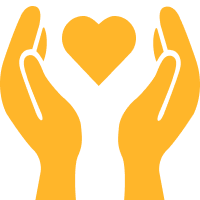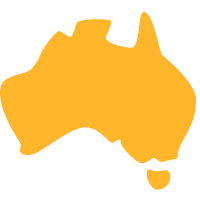Palliative Care and Māori from a Health Literacy Perspective
A new report from New Zealand Ministry of Health on Maori health literacy and communication in palliative care is now available online.
Health literacy refers to the degree people can access and understand health information to make informed and appropriate health decisions. This report focuses on the health literacy experiences among Māori and their whānau carers who use palliative care.
There is a limited amount of New Zealand research into the Māori experience of palliative care and issues of access. The report focuses on gaining a better understanding of ways to increase access to, and the quality of, palliative care services for Māori patients and their whānau by strengthening health literacy.
The report also provides recommendations for actions to enhance Māori health literacy and access to palliative care.
Read more
Acknowledgements
Centre for Cultural Diversity in Ageing acknowledges and pays respect to the Wurundjeri people of the Kulin nation, on whose land this website was developed. We pay our respects to Aboriginal and Torres Strait Islander peoples, their ancestors and elders, both past and present and acknowledge their continuing connection to land, sea and community. We hope our work contributes to the wider project of respect and recognition between cultures in Australia. Centre for Cultural Diversity in Ageing receives project funding from the Australian Department of Health and Aged Care to administer the Partners in Culturally Appropriate Care (PICAC) program in Victoria.
Did you know?






